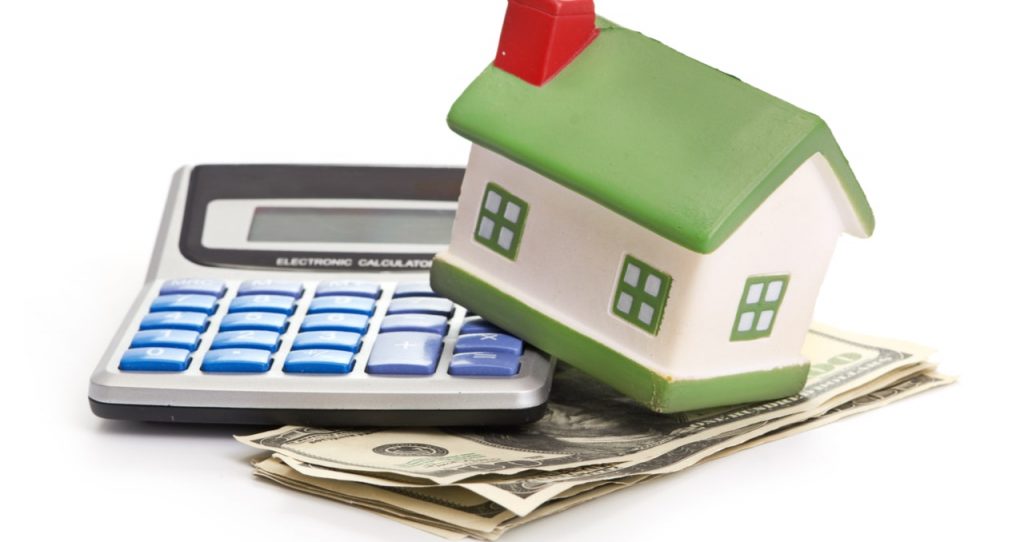Denver is an economic and cultural leader in the Mountain West region of the U.S., with a real estate market that indicates its desirability among families, professionals, and many other groups. The median value of a home in Denver was $424,700 in December 2018, according to real-estate data aggregator Zillow.
The most effective way to find thebest Denver mortgage rates and refinance rates in the Queen City of the Plains requires some time and effort but is not complicated or particularly widespread. Comparative shopping, the relative work of seeking information and pricing from a variety of lenders before making a final decision, is an effective approach.
Without understanding what different mortgage providers are offering, it is unfortunately easy to miss out on the best offers possible. Determining providers, rates, terms and how to compare different types of mortgages provides important information that can lead to a better final decision
1. Elements In Denver Affecting Rates
The specific terms and conditions of a home loan are influenced by many different factors within the Mile-High City and across the country. Not to mention the type of home loan you choose for your financial history, not to mention the local and national financial situation.
2. Loan
The length of your mortgage can have a big impact on your finances. Whether you choose an adjustable- or fixed-rate mortgage, a jumbo loan, a government-backed option or another loan product, the term of the loan can have a significant impact on both your monthly repayment and the total cost of the loan.
Lenders usually offer more favorable interest rates on loans with lower terms, which means the total cost of the loan is lower, but the monthly payment is higher. A longer mortgage term often leads to lower monthly payments, which is more manageable for those with a tight budget, but their total costs are higher.
3. Refinancing
The term of your refinance loan is just as important as your initial home loan, as it affects both the monthly payment and the total cost. Refinancing can extend from 5 years to less than 30 years. Because refinancing loans have a wide range of applications, it is important to remember the term mortgage when you are looking for a provider.
Refinancing to achieve a lower interest rate and shorter maturity results in significant savings. The Federal Reserve indicates the difference between interest on a fixed-rate loan of $ 200,000 when the rate and duration cross 6 percent and 5.5 percent over 30 years and 5,000 135,000 over 15 years. It is a way to refinance a mortgage to benefit the borrower.
4. Type Of Loan
The type of loan you choose can change everything from the minimum down payment to the total interest paid over the life of the loan. Fixed-rate mortgages offer an interest rate for the term, which simplifies the budget. The downside, however, is that borrowers may miss market changes that reduce changes in current mortgage rates and reduce monthly payments.
Adjustable rate mortgage, on the other hand, offers a fixed contact rate, but adjusts over time according to market fluctuations. This policy may increase or decrease interest payments based on macroeconomic factors.
5. Type Of Refinancing
From converting some home equity into a liquid fund to finding a more favorable interest rate or term, the expected outcome of a CAN can vary greatly. Cash in refinance can reduce the total cost of the mortgage through cash flow from the homeowner and improve the value-to-debt ratio.
Cash-out refinancing increases the total cost of the loan, but takes some equity out of the home and converts it into available cash. Other types of refinancing can help homeowners avoid bankruptcy or negative equity and require more than one option. First and foremost, make sure you have a clear underlying motivation for a refinance loan.


